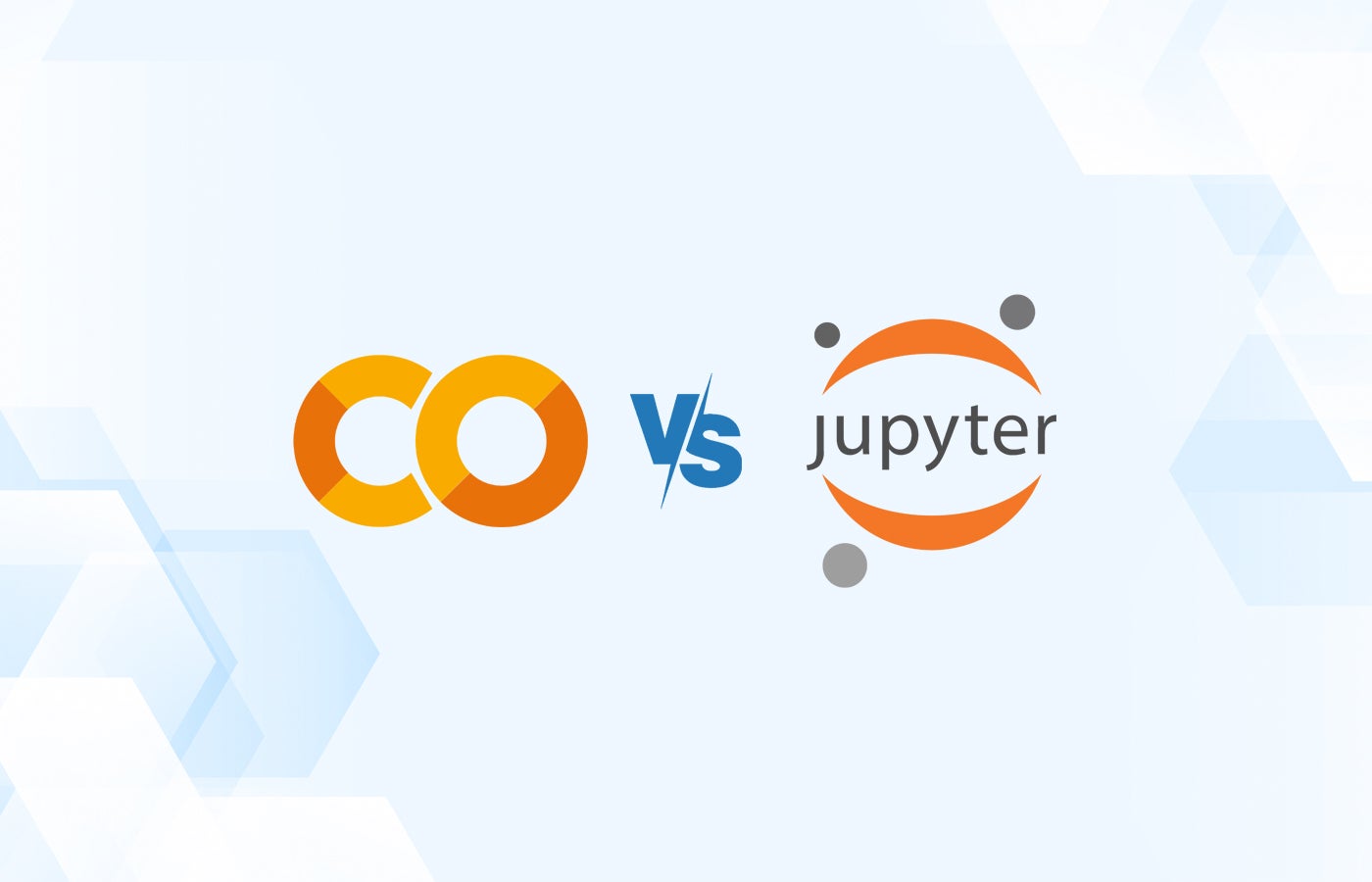Differences
-
Blog

Windows 11 Home vs. Pro: 7 Most Important Differences
Windows 11 Home and Pro are designed to meet different user needs. While Windows 11 Home is better suited for everyday users, Windows 11 Pro offers advanced features geared toward professionals. But what exactly sets them apart, and which version is right for you? First, This Is What Both Versions Share Before discussing the differences, you must understand the features…
Read More » -
Blog

What Are the Main Differences?
Threat actors love phishing because it works. It is particularly effective in cloud infrastructure — once they’re inside, they gain access to anything else related to that cloud. According to Hornetsecurity’s Cybersecurity Report 2025, there were more than 471 million emails sent in 2024 that were flagged as “malicious.” In terms of email attacks, phishing remained the top attack method…
Read More » -
Blog

Open Source vs Proprietary SDN: Key Differences & Benefits
The evolution of software-defined networking (SDN) has fundamentally changed how networks are designed, managed, and operated. SDN offers centralized network control, dynamic traffic routing, and greater network automation, making it an appealing solution for modern, cloud-driven environments. When adopting SDN, organizations have to decide between open-source solutions and proprietary options, each offering distinct advantages and drawbacks. In this comparison, we…
Read More » -
Blog

Google Colab vs Jupyter Notebook: Key Differences Explained
Creating, organizing, and sharing computation documents is essential in programming and data sciences. Most people turn to one of two popular tools — Google Colab and Jupyter Notebook — to help them manage their files. SEE: Learn how to become a data scientist. Image: Google Colab What is Google Colab? Google Colab is a tool offered by Google Research that…
Read More » -
Blog

ERP vs CRM: Understanding the Key Differences
Customer relationship management (CRM) and enterprise resource planning (ERP) have a fair amount of similarities but they do possess some key differences. Both CRM and ERP are software solutions that, when applied correctly, assist businesses of all sizes with centralizing customer data, increasing work productivity, and improving automation processes in order to drive revenue growth. However, where these two software…
Read More » -
Blog

Key Differences for Startup Success
Startup founders who want to start their careers on the right foot often seek help from an accelerator or incubator. The terms “accelerator” and “incubator” are often assumed to represent the same concept. However, there are a few key distinctions that first-time founders should be aware of if they plan on signing up. SEE: Quick Glossary: Startups (TechRepublic Premium) Accelerators…
Read More » -
Blog

5 Differences Strong Presenters Know
Despite sounding similar, webinars and webcasts are very different. One isn’t necessarily better than the other, but both offer unique advantages and limitations for different types of presentations. Here’s a closer look at when to use a webinar vs webcast, and condensed presenter tips based on the type of presentation. Interaction: Webinars converse and webcasts broadcast Webinars are built for…
Read More »

